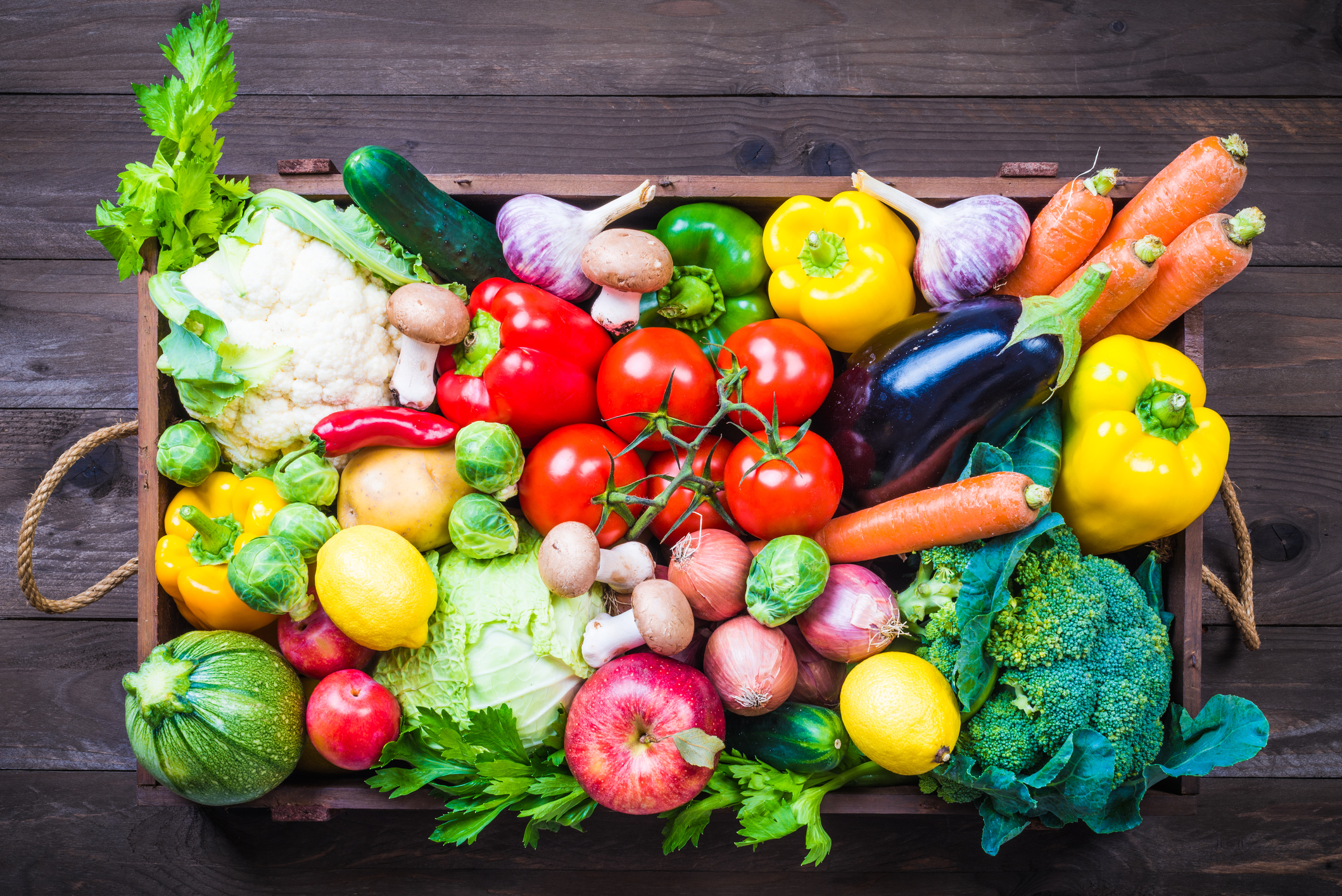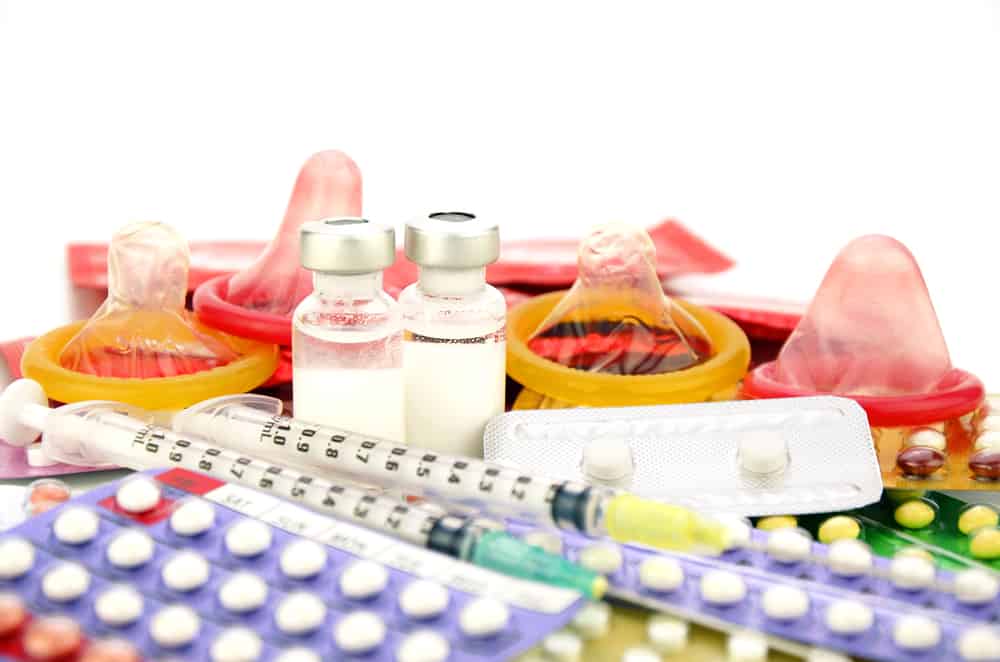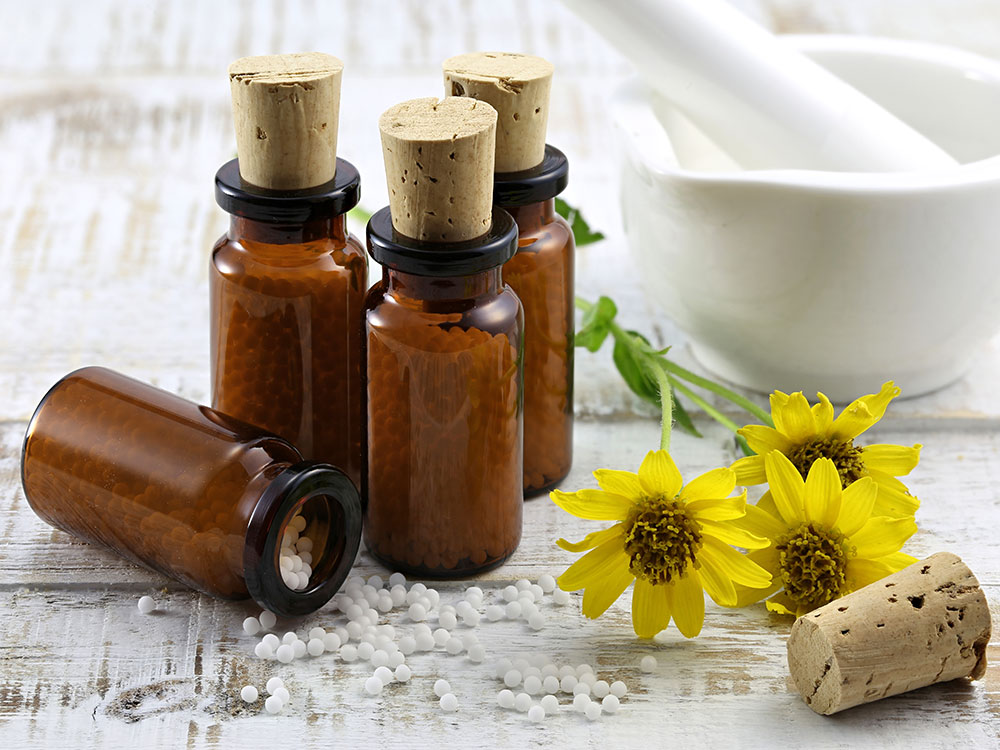Contents:
- Medical Video: Dry Fasting: Burn Fat 3x Faster (Use Extreme Caution)
- How to prevent dehydration during fasting?
- 1. Keep drinking water as needed
- 2. Don't eat too much salty food at dawn
- 3. Increase the liquid at night before dawn
- 4. If you eat a lot of protein in the sahur menu, then drink more
- 5. Consume a variety of fruits and vegetables
- 6. Pay attention to the medicines you consume (including supplements)
- 7. Prioritize drinking water
Medical Video: Dry Fasting: Burn Fat 3x Faster (Use Extreme Caution)
Not drinking for approximately 12 hours of fasting while doing outdoor activities can make you risk getting dehydrated. Although indeed, dehydration that occurs when fasting is dehydration that is mild and does not endanger life. However, this may hamper your activities because this condition causes several symptoms such as dizziness, headaches, and the body feels tired. Then how to avoid dehydration when fasting?
How to prevent dehydration during fasting?
Your body consists of 70% of fluid, so fluid is very important to maintain normal bodily functions. Therefore, do not underestimate your fluid needs. You must have your own planning to meet these needs so as not to dehydrate. Here are things that can help prevent you from becoming dehydrated while fasting.
1. Keep drinking water as needed
Basically, everyone's fluid needs are different - the same as calorie needs. This need depends on the activity and physical condition of each individual. However, indeed the average adult needs at least 8 glasses of mineral water per day, equivalent to 2 liters of water.
Then how to regulate fluid requirements when fasting? You can apply the rules 2-4-2 when fasting. This means 2 cups at dawn, 4 cups when breaking the fast, and 2 cups before going to bed or before dawn.
2. Don't eat too much salty food at dawn
Have you just spent a few hours fasting feeling thirsty? Your sahur menu might be the reason. Yes, salt food can make you thirsty even to lack of fluids. Because, salt is very influential on the regulation of fluid in the body. Too much salt that enters the body will only disrupt the arrangement and eventually make you thirsty fast.
3. Increase the liquid at night before dawn
If you are afraid of bloating due to water when eating sahur, you can drink and meet your needs shortly before you sleep at night. Even if you wake up at night, try to take a drink first. This is to meet your fluid needs in a day.
4. If you eat a lot of protein in the sahur menu, then drink more
In addition to salt foods, high-protein foods can make you thirsty in a fast time and lose fluids. A study reported at the Experimental Biology meeting, states that someone who applies a high protein diet and avoids carbohydrates tends to be at risk of dehydration more easily than those who don't. To avoid this, balance your sahur menu and drink enough.
5. Consume a variety of fruits and vegetables
Liquid is not only obtained from drinks, but also from food. Actually 10-20% of the liquid needs you can get from food. Therefore, choose foods that contain enough water so you can be full while your fluid needs are met. You can rely on fruits and vegetables for this. So, fill your sahur menu and break your fast with vegetables and fruits.
6. Pay attention to the medicines you consume (including supplements)
There are several types of drugs that can make you urinate continuously so that the fluid always comes out of your body. So, for those of you who take drugs or a vitamin supplement, make sure the drug does not have side effects of dehydration and makes the body deficient in fluids. You should discuss this with your doctor.
7. Prioritize drinking water
Avoid consuming drinks that are caffeinated or have a high sugar content - especially when you are dawn. This will only make your body thirst for a few hours. So, the best source of fluids is water, besides containing minerals that your body needs, water does not make you at risk of experiencing various chronic diseases in the future.













